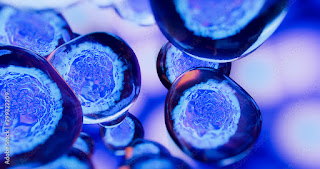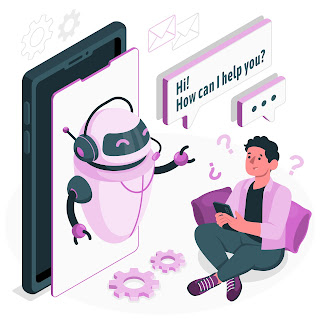Search This Blog
How different levels of energies work in other dimensions .Different super natural power of humanbeing works ,how to develop this kind of abilities and how we can achieve this kind of powers . Morden scientific research of this ancient science and exploring the other world
Featured
- Get link
- X
- Other Apps
Cellular Memory | Cellular behavior | Human Body is made up of 60 trillion cells | Karmas
Cellular behavior and Its memory
There are more than 60 trillion cells in our body. Cell division is required for the formation of our body from a single fertilized egg. Abnormal cell division has also been linked to serious illnesses like cancer. The process of cell division, on the other hand, is well understood.
According to modern science 1 human cell has the capacity to store more than 16 GB of memory. Each and every action made by us is stored in this Cellular Memory. And these positive and negative actions are transferred in every life these actions are also known as karmas.
We experience our life according to our karmas. Any positive or negative actions taken in our past
our life reacts accordingly. If we had done positive karma we experience positive things in our lives and if we had done negative karma we face difficulties in our life. Not only actions are stored but also our emotions are also stored in our cellular memory. If we are feeling low or sad the sadness is stored in our cellular memory and after some time this feeling of sadness converts into the form of diseases in any part of the organ in our body. For example cancer, kidney stone, and liver failure.
The risk of mental illnesses, as well as neurological and neurodegenerative diseases, is influenced by genetic variables. Chronic pain stimuli and intense pain have cellular and/or gene expression effects, and will eventually induce "cellular memory due to pain," which means that tissue damage, even if only transient, can elicit epigenetically abnormal transcription/translation and post-translational modification in related cells, depending on the degree or type of injury and associated conditions. An aberration in a fundamental intracellular reaction, such as a change in the three-dimensional structure of DNA, transcription, or translation, might result from such pain-induced cell memory/transformation. Pain, on the other hand, is a multifaceted experience that includes sensory-discriminative and motivational-affective components. The nucleus accumbent has been found to have a role in forecasting the value of a noxious stimulus and its offset, as well as subsequent changes in motivational state, in both controls and chronic pain sufferers. In this review, we give a high-level summary of how transcriptional regulation, epigenetic alteration, and miRNA regulation all play a role in chronic pain and emotional dysregulation.
Please comment if anyone has any type of experience or more knowledge about it .
https://targetedsolutions.blogspot.com/2022/06/does-astral-world-exist.html
- Get link
- X
- Other Apps
Popular Posts
Impact of conversational commerce tools in Metaverse
- Get link
- X
- Other Apps




Comments
Post a Comment
If you have any drought. please let me know